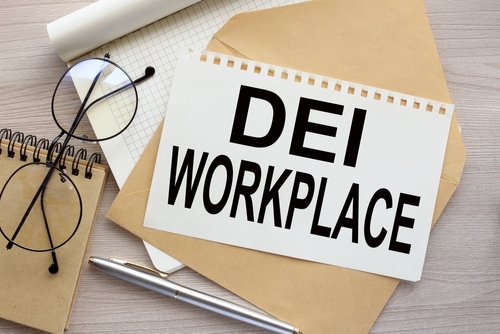In recent years, the conversation around Diversity, Equity, and Inclusion (DEI) in the workplace has become increasingly complex, influenced by legal decisions and social movements. The past year has seen DEI discussions become highly politicized, a trend fueled by the Supreme Court’s ruling on affirmative action and growing political polarization.
Employees Value DEI
However, despite these challenges, employees continue to value diversity and inclusion in their workplaces. A Pew Research poll conducted in February 2023 found that 56% of employees believe focusing on DEI at work is beneficial.
In 2024, DEI is still a top priority for businesses, but leaders must navigate the changing legal landscape. “In 2024, DEI will remain a top priority but leaders will need to stay on top of the changing landscape and focus on evolving and refining their DEI goals, initiatives, and policies as the laws change,” says Mandy Price, co-founder and CEO of DEI technology company Kanarys. This approach is crucial for supporting effective and relevant DEI strategies that align with both legal requirements and employee expectations.
Business Leaders Push Back
This trend also comes at a time when many prominent business leaders are increasingly pushing back against DEI policies. A recent BBC Worklife article by Elizabeth Bennett highlights that some notable corporate leaders have started to reject DEI approaches, raising questions about a potential backlash against years of corporate diversity efforts. This pushback represents a significant challenge for DEI advocates and practitioners, who must balance the need for inclusive policies with the views of these influential figures.
The landscape of DEI in the workplace is at a critical juncture. As legal and social dynamics continue to evolve, so must the strategies and policies surrounding DEI. The challenge for leaders is to adapt these policies to remain effective and aligned with the broader goals of equity and inclusion, while also considering the diverse perspectives within the business community. The future of DEI in the workplace hinges on this delicate balance, requiring a nuanced and responsive approach.
Lin Grensing-Pophal is a Contributing Editor at HR Daily Advisor.

